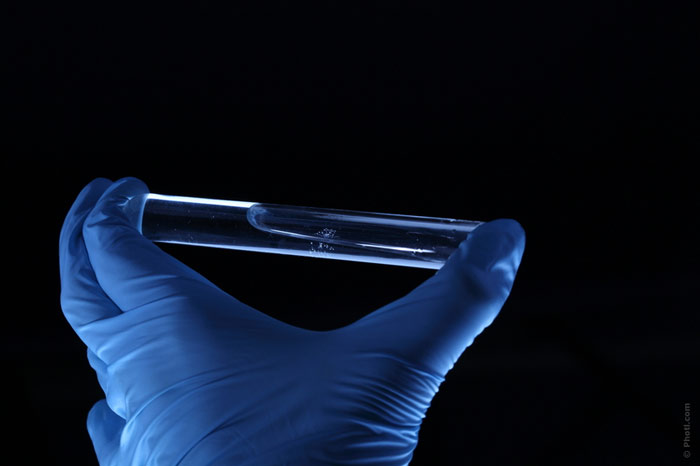Did you know that each birthday you celebrate means your eggs are also getting older? If you hope to be a mom one day but haven’t met Mr. Right or are currently tied up with your career, then you might want to consider freezing your eggs. This amazing technology gives you the opportunity to stop time by preserving your eggs. There’s no need to try and calculate your fertility. When you choose to freeze your eggs, they’ll be ready when you are.

Why Should You Freeze Your Eggs Now?
Your age affects your fertility considerably. As you get older, the quantity and quality of your eggs start to decline, reducing your chance of a healthy pregnancy. You are most fertile in your twenties, followed by your early thirties. After 35, your fertility drops noticeably each year. You are also more at risk for miscarriage, birth defects, or other disorders that make conceiving difficult.
If you freeze your eggs when you are young, however, you can press pause on their current state. When your eggs are thawed in a few years, they will have the same characteristics as the day they were frozen. You will be more prepared for your future and free from the many stresses and pressures women face while struggling to balance relationships, career, and their declining fertility.
Finally, you will buy yourself an insurance policy against any medical issues that could impact your fertility. Some women, for example, experience early on-set menopause before age 40. Other women, unfortunately, may face a cancer diagnosis during their most fertile years. This is troubling because chemotherapy and radiation can damage the ovaries and affect egg quality.
How Does It Work?
The entire process of freezing your eggs involves 7 key steps that prepare you their retrieval, freezing, storage, and then later use during in-vitro fertilization (IVF) when you are ready to get pregnant.
- Consultation and Initial Testing. Your first step is to have a consultation with a reproductive endocrinologist to discuss your medical history and pregnancy goals. You will have some bloodwork done to test your hormone levels and an ultrasound to assess your ovarian reserve.
- Egg Retrieval. To prepare your body for the egg retrieval, you will receive hormone injections that stimulate the ovaries to produce as many eggs as possible. During this time, you have regular ultrasounds to monitor the egg growth in your ovaries. After about two weeks, you are given a “trigger” shot that prepares your body for the retrieval by releasing the eggs at the right time. The eggs are then retrieved during a 10-15 minute procedure in which you are under mild anesthesia.
- Egg Freezing. Once retrieved, the eggs are then taken to the lab to undergo vitrification, a new flash-freezing technology that is the most effective way of preserving eggs. In order to prevent damaging ice crystals from forming, the eggs are exposed to liquids known as cryoprotectants. They are then immersed into liquid nitrogen and stored. Until recently, egg freezing was done through a slow-freeze process that was riskier because ice crystals could form in the eggs and destroy them. Now, vitrification freezes eggs so quickly that ice crystals are unable to form, keeping the cell structure intact. As a result, eggs that have been vitrified are in the same basic shape as freshly retrieved eggs. According to the latest research, pregnancy and live birth rates are better with eggs that were frozen using vitrification.
- Prepare for IVF Transfer. When you decide to start a family, you will take medications, including estrogen and progesterone, for about four weeks to prepare the endometrial lining of your uterus to accept the embryos during the IVF transfer.
- Receive Eggs. When you are ready for the transfer, your chosen egg bank will send the frozen eggs to your fertility clinic. The eggs are then removed from the storage vat and quickly rehydrated or warmed. The embryologist will examine them to determine their quality and will combine them with your partner’s sperm for fertilization.
- IVF Transfer. The embryologist selects the most viable embryo(s) for the transfer. The doctor then inserts the embryos into your uterus using a thin tube called a catheter.
- Pregnancy Test. Two weeks after the transfer you can take a pregnancy test (blood work) to find out if the transfer was successful.
The Best Time Is Now
By freezing your eggs at a young age, you can feel confident that your fertility will be guarded until you are ready to have a baby. Don’t hesitate…The younger you are, the greater the likelihood that you will have a successful pregnancy.











